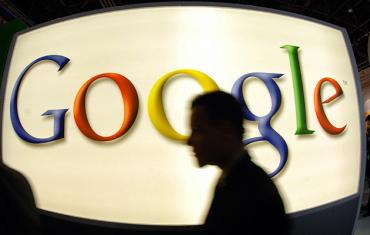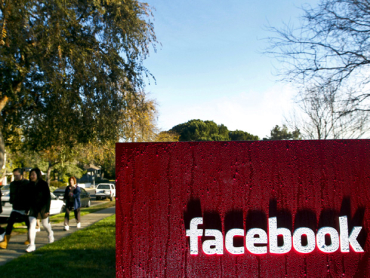Leslie D Monte and Shivani Shinde in Mumbai
If you're a celebrity, a public figure, or have a wide circle of friends on Google's social networking site, Google+ (Plus), being anonymous or using a pseudonym is no longer an option.
A few days ago, Google+ started rolling out verification badges on profiles, "so you can be sure the person you're adding to a circle is who he claims to be".
"Not sure whether Dolly Parton is actually a particular Dolly Parton? For now, we're focused on verifying public figures, celebrities, and people who have been added to a large number of circles, but we're working on expanding this to more folks," says Google employee Wen-Ai Yu on the official Google blog post.
Click on NEXT for more...
Now, Google+ issues verification badges
Image: Facebook, too, has a verification process.This would help you easily determine which profiles are owned by real and verified people.
"You might be wondering how to verify your own name on Google+. Keep in mind this is just the beginning. We're working on expanding this to include more people in the future, so hang tight," adds Yu.
Incidentally, Facebook, too, has a verification process, but it is only for the enterprise/brand that uses its platform.
However, individuals typically sign-in on Facebook with their real names.
Click on NEXT for more...
Now, Google+ issues verification badges
Image: Twitter, too, verifies accounts.However, Twitter's public beta version of account verification is no longer available.
Indian social media marketing companies believe this is a step in the right direction, since it helps get rid of fake identities.
"It is an extremely important aspect for any social networking platform, as it is difficult to know the authenticity of a user. In case of celebrities, we have seen how fake accounts can create challenges.
"Nobel prize-winning economist Amartya Sen's identity was impersonated by an imposter on a popular social networking site. Brands, too, have a tough time. This makes sense for common users as well.
Click on NEXT for more...
Now, Google+ issues verification badges
Image: Amartya Sen's identity was impersonated.One of the biggest problems in any online system today is that of fake identities.
"This would make sure people on Google+ are genuine and would try and stop fake accounts," says Rajiv Dingra, founder, WatConsult.
Moksh Juneja, founder, Avignyata, thinks says, "I think on a social networking platform, the verification process is good for celebrities, brands and firms like ours.
Click on NEXT for more...
Now, Google+ issues verification badges
Image: Randi Zuckerberg said anonymity had no place on the Internet.One of the biggest problems in any online system today is that of fake identities.
"This would make sure people on Google+ are genuine and would try and stop fake accounts," says Rajiv Dingra, founder, WatConsult.
Moksh Juneja, founder, Avignyata, thinks says, "I think on a social networking platform, the verification process is good for celebrities, brands and firms like ours.
Click on NEXT for more...
Now, Google+ issues verification badges
Image: EFF says erasing anonymity dangers activists.Click on NEXT for more...
Now, Google+ issues verification badges
Image: In June, Facebook was reproached by privacy advocates.In June, Facebook, too, was reproached by privacy advocates and regulators across the globe who decried the global roll-out of Facebook's facial recognition software. The feature, enabled by default, allows Facebook to recognise individual faces within pictures.
The company can then recommend its users to 'tag' the individual in the photo.
Click on NEXT for more...
Now, Google+ issues verification badges
Image: Facebook has around 33 million users in India.The debate assumes significance, since social networking sites are very popular.
They account for over one billion global users, of which over 75 million are in India alone.
Facebook has around 33 million users and Orkut (also a Google property) has around 18 million users. Google Plus is also gathering steam, primarily with help from users in India and the US.
Within weeks of its launch, the site saw nearly 20 million users sign up.
Globally, though, Google+ numbers pale in comparison with Facebook's over-750 million users or even micro-blogging site Twitter's over-200 million registered accounts.










article